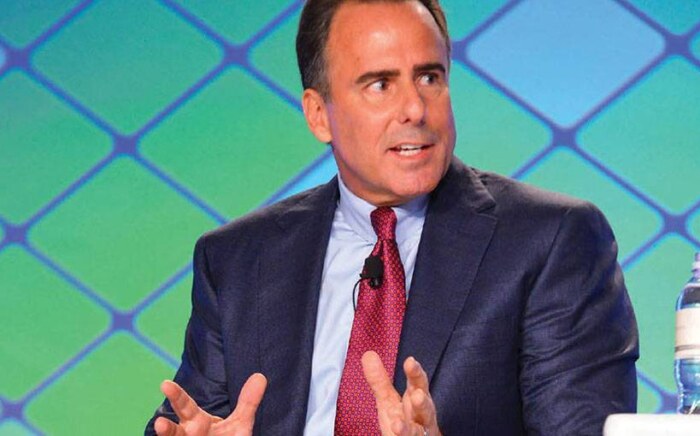The business world is on the brink of a seismic shift, with 2025 poised to be a year of groundbreaking transformations. Driven by rapid technological advancements and a heightened focus on sustainability, innovation isn’t just a buzzword—it’s the lifeline for businesses aiming to stay ahead. In this article, we’ll explore the pivotal areas where innovation will shape the future, including AI integration, sustainable initiatives, and digital transformation. By understanding and embracing these trends, businesses can not only survive but thrive in the dynamic landscape ahead.
AI and Machine Learning Revolution
Artificial Intelligence and Machine Learning are set to unleash a revolution across industries by 2025. AI’s integration will empower companies to offer personalized customer experiences, enhance predictive analytics, and automate mundane tasks, significantly boosting operational efficiency. According to McKinsey, businesses that fully embrace AI could see cash flow surges of over 120% by 2030.
Industries such as hospitality technology and semiconductor manufacturing are already feeling the AI impact. Semiconductor manufacturing uses AI to optimize wafer processing, enhancing efficiency and reducing waste. Similarly, AI-driven hospitality technology is transforming guest experiences, setting new benchmarks for customer service. To harness these opportunities, businesses should invest in advanced IT analytics and robust security measures to safeguard their data assets. Embracing AI enables companies to perform sophisticated data analysis, leading to improved insights and decision-making.
Sustainable Practices for Economic Resilience
As we welcome 2025, sustainable practices will become indispensable in business strategy. Moving towards a circular economy and carbon-neutral initiatives isn’t just about compliance—it’s about building economic resilience. Companies adopting sustainable practices can boost their brand value and market worth by catering to the growing demand for eco-friendly offerings.
A notable trend is the emergence of sustainable supply chains. By focusing on sustainability, companies can minimize their environmental footprint and improve operational efficiency. Additionally, sustainable practices enhance employee engagement as workers increasingly favor employers committed to environmental stewardship. Businesses should develop comprehensive sustainability strategies that enhances a company’s reputation and social responsibility, solidifying its position as an industry leader.
enhances a company’s reputation and social responsibility, solidifying its position as an industry leader.
As we look towards 2025, business innovation will hinge on strategic AI integration, a commitment to sustainable practices, and successful digital transformation. By embracing these trends and fostering a culture of innovation, businesses can enhance operational efficiency, boost their net worth, and secure long-term success in an ever-evolving marketplace. The future belongs to those who anticipate change and are prepared to adapt and innovate. For more insights, visit Mark P Frissora.





